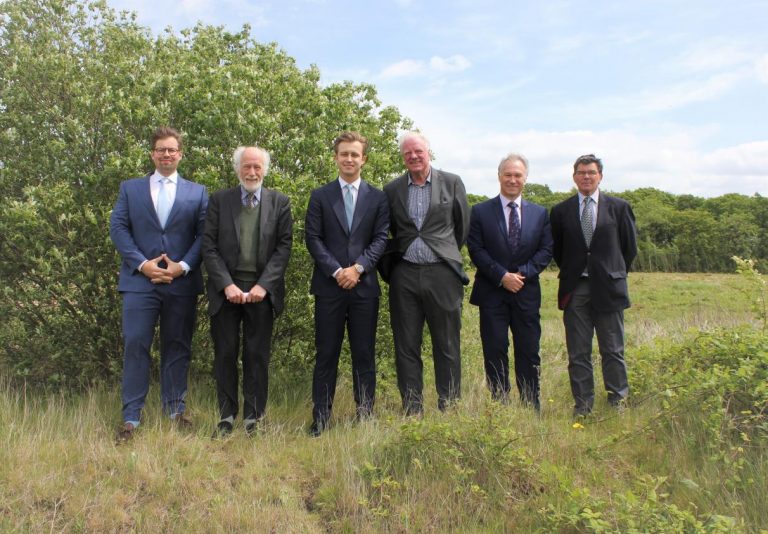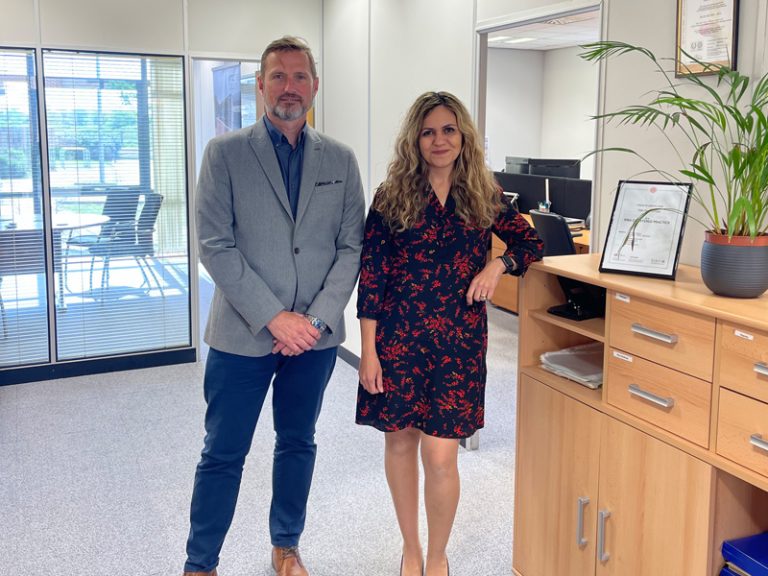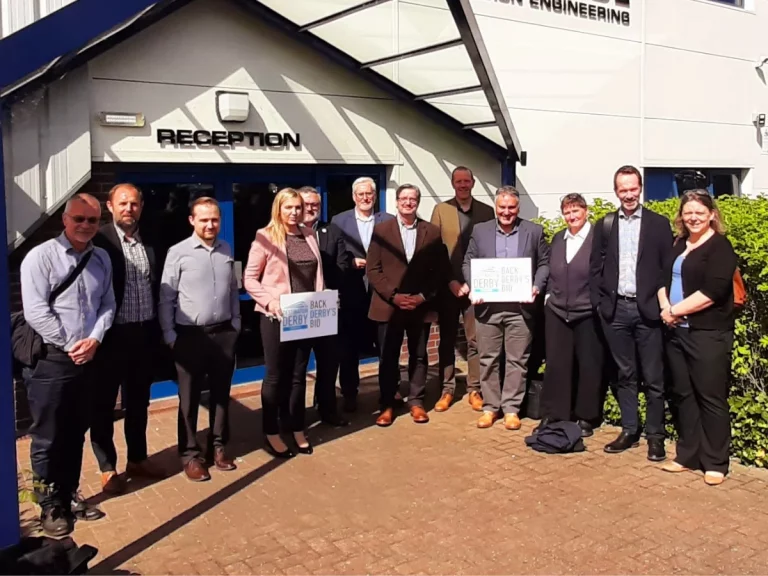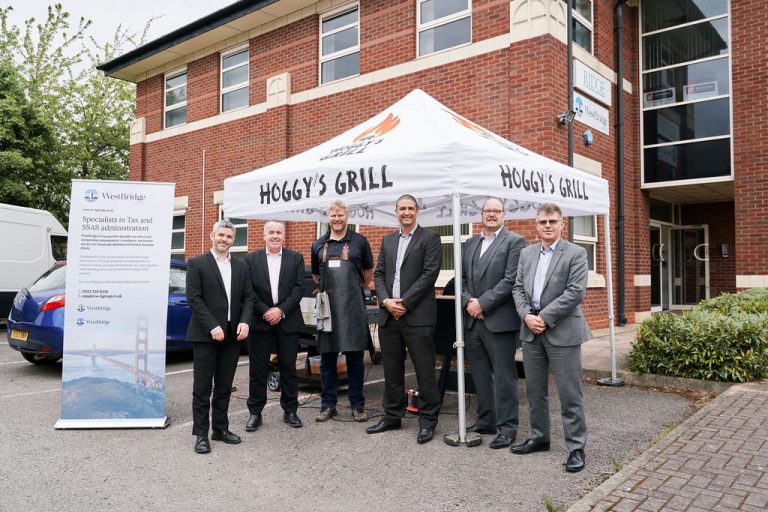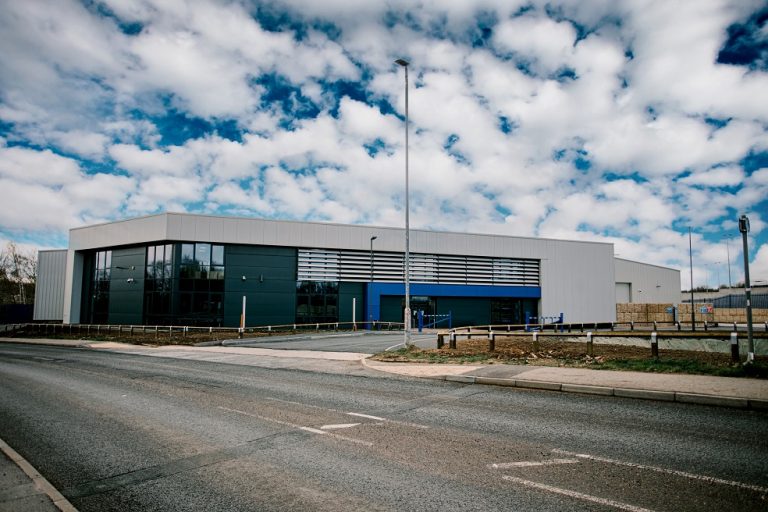Midlands businesses decline to work with clients over ESG credentials
Transformational plans revealed for Carlton-in-Lindrick site
- Demolishing the underused community centre and building new homes
- Redeveloping some of the existing open spaces, including the paved area off Willow Avenue.
- Creating a new informal play area and introducing softer landscaping at the heart of the estate.
- There is also the potential to create start up units for local business, retail opportunities, or new community facilities.
Lincs law firm launches litigation funding with DBA option
Bid successful on Skegness Town Hall
European manufacturer chooses Gainsborough for storage and distribution facility
OMEETO clinches major instruction with Entain Plc
How customer focused are you? By Fiona Duncan-Steer, founder of RSViP Business Networking Agency
YMD Boon opens new Lincoln office as part of business growth
Lending to small businesses hits all-time low, new study finds, with six in ten impacted by late payment
New £2m accommodation opens for homeless people in Nottingham
D2N2 LEP’s Manufacturing Advisory Panel back Derby GBR Bid
‘Six of the best’ investment opportunities in Derby and Derbyshire to be showcased at major investment show
Matthew Hoggard & Mo Walker open new WestBridge Group HQ
Former England Cricketer, Matthew Hoggard MBE, and British Basketball League winner Mo Walker from Leicester Riders were the VIP guests at the official opening of the new HQ of The WestBridge Group.
The company relocated to Dominus Way on Meridian Business Park in Leicester earlier this year as part of its growth strategy to create a centrally based HQ in a location with easy access to all essential transport links.
Having retired from cricket, Matthew appeared in an edition of Celebrity MasterChef in 2013. Since then he has honed his skills and has established his own cookery school and outside catering business called ‘Hoggys Grill’ which is located in idyllic settings on the banks of Rutland Water within Rutland Water Garden Nurseries.
Over 60 guests attended the opening and were served authentic Indian cuisine carefully prepared by Matthew and his outdoor events team. They were also treated to an informative Q&A session with Matthew and Canadian born basketball player Mo Walker who, standing at 6ft 10 inches tall, talked about his highly successful career and his experience playing for Leicester Riders, who yesterday beat London Lions 78-75 to take the BBL play-off, and become treble champions.

Tom Moore, founding director, said: “It was great to see so many of our clients and other East Midlands business professionals gathered together to officially open our new HQ. The demand for specialist tax advice and pension administration services is growing and by holding an official opening we have been able to thank everyone who has supported us so far and continue to raise awareness of our specialist expertise.”
The WestBridge Group provides specialist tax advice and independent administration, consultancy, and trustee services for Small Self-Administered Pension Schemes (SSAS).
New partnership to own and develop Silverstone Park
New ambition set to launch conversations about the future of Derby City Centre
Works complete at new £10m manufacturing facility in Mansfield
East Midlands’ small business confidence remains steady despite challenges
- Although sentiment appears to have stabilised this quarter, compared with a year to date, confidence is much lower.
- With a net balance of 9% across the East Midlands for Q1 2022, the region has reported a decline in terms of net revenue (16% at Q3 2021).
- The employment picture amongst FSB members in Q1 2022 showed that 11% had decreased staff numbers, with the same proportion also increasing staffing levels – leaving an overall net score of 0% for employment in the region.
- In the East Midlands, 52 per cent of small businesses increased the average salary awarded across the business over the last 12 months; with 49 per cent doing so by two per cent or more.






